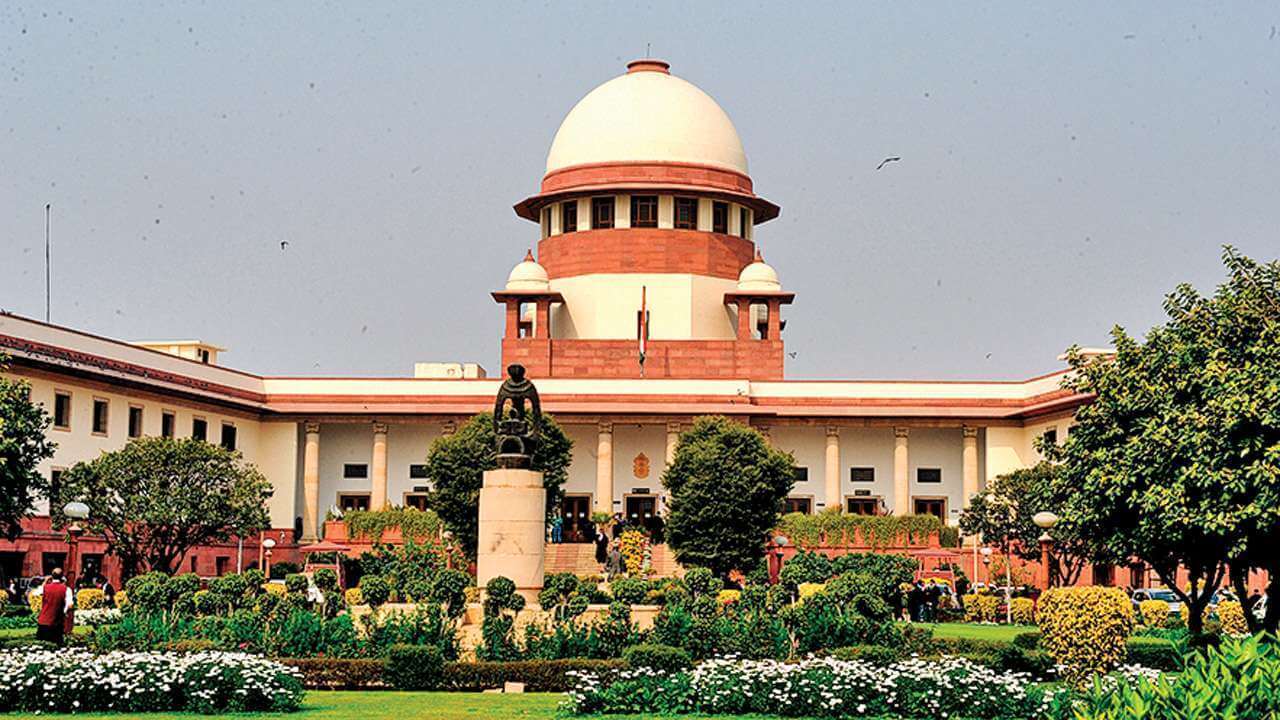Association for Democratic Reforms VS. Union of India: SC strikes down electoral bonds scheme, calls it unconstitutional
Background:
In India, every Political parties needs some funds to run their parties. These funds are available in the modes of money and these money are came from the donations willingly donated by the common citizens of our country. The corporate companies of the country can also made the donation to their favorite party. But there is no privacy of this donation. The information of the donation was opened to all. So the government came up with the idea of this Electoral Bond Scheme.
What is Electoral Bond?
The government introduced the Electoral Bond Scheme under Finance Act 2017. This scheme is a financial instrument by which citizens can donate to any political party anonymously through bank account.
According to the Companies Act 2013 any Company can donate their 7.5% among the profits. But in the new Bond Scheme this provision was removed now there is no limit to how much a corporate company could donate to a political party.
Moreover under the Companies Act 2013 companies should have keep an account of all donations made to the political party/ parties in every financial year. In the new Electoral Bond Scheme this provision is modified and now the company only mentioned the data which is the total contribution made to the political party/parties in general.
As per Section 13A of the Income Tax Act, 1961 and Section 29C of Representation of Peoples Act, 1951 political parties have to maintain all the records of donation and had to submit all those records of donation to the Election Commission to get exemption from taxation. The cash donation was limited up to Rs. 20,000/- above this the donation should be through bank. In the Electoral Bond Scheme these two sections are modified and the political parties need not to show or maintain any donation records and the cash donation is limited to Rs. 2000/- only.
Feature of Electoral Bond:
- Electoral Bond is basically a Bearer Banking Instrument which means there is no
name written by whom the bond is received. Only whose name was written in the
bond he/she can redeemed it. - In this scheme there is no ownership, the holder is the owner
- The bond only can be bought in the multiple of 10, from 1000 to 1 crore.
- The bond was only available in the interval of 3 months which is 4 times in a year, (January, April, July and October) or as specified by the government. In the time of election the time period was extended.
- This bonds can only bought through specified SBI branches across the country.
- The parties only get fifteen days to redeem the bond after receiving it. After expiry of that fifteen days the unredeemed bonds were directly deposited to the Pradhan Mantri Relief Fund.
- Only citizens of India, NRI and the Companies registered in India can buy this bonds. Foreign nationals, foreign companies, Over Sees Indians cannot buy this bonds.
- Those political parties which are registered under Section 29A of Representation of Peoples Act, 1951 can only get the fund through this bonds. Those political parties must secure 1% of the vote in the last Lok Sabha or State Legislative Assembly Election to get this bond.
Issues Raised:
- Unlimited corporate funding to political parties infringes the principle of free and fair elections and violates Article 14.
- Non-disclosure of information are violative of the right to information of citizens under Article 19(1)(a).
Judgement of the Supreme Court:
The petitioner’s Advocate in his argument said that the citizens have right to know about the source of funding of their political parties. The Ld. Advocate of the petitioner also raised this point that this scheme facilitates backdoor lobby between the corporates and political parties which became a risk to the common investor of the company along with the citizens. The corporates may have made this donations in exchange for favourable treatment or policies.
A five-judge Bench held that the scheme, violated the voters’ right to information about political funding under Article 19(1)(a) of the Constitution. Chief Justice D.Y. Chandrachud said voters’ have rights to get the information about the funding of political parties and in this bond the absolute non-disclosure of the source of political funding promoted corruption. The SC dismissed the Union government’s argument which said that the anonymity of political donors by electoral bonds were most efficient financial contributions through banking channels as there was less scope of turning the black money into white money. SC ruled that “curbing of black money” was not a reasonable restriction to curtail the voters’
fundamental right to information about political funding entitled in Article 19(1)(a).
Chief Justice also said that there is a clear distinction between donations by corporates for favours and contributions by individuals for their political beliefs. The contributions made by the corporates in ‘quid pro quo’ policy are not an expression of support.
The SC also said that before the amendment, the companies could donate only up to 7.5% of three years net profit. This amendment lifted this cap and made room for unlimited and anonymous corporate donations to the political parties which is very risky to the investor of the companies as well as the citizens.
Conclusion:
As in conclusion it can be said that the Supreme Court struck down this electoral bond scheme as unconstitutional and directed to the SBI to furnish all the information of this Electoral Bond Schemes to the Election Commission of India under three weeks.
The Election Commission of India has to upload the information within one week after receiving the information from the SBI. All the unredeemed bonds should have returned to the bank and then to their appropriate owners.
